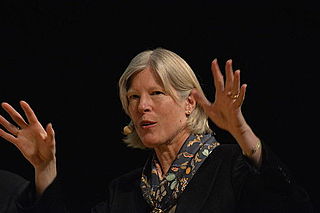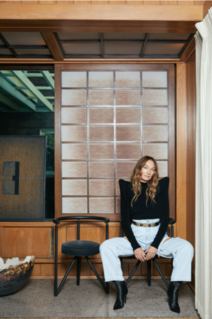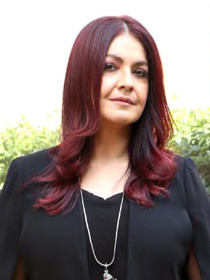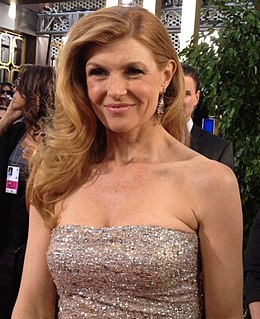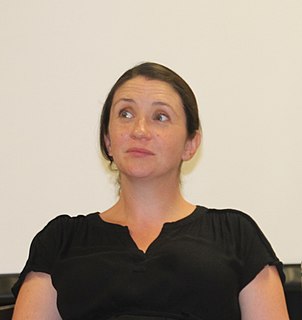A Quote by Erica Jong
I know so many women in their fifties, sixties and seventies who delight in being on their own. It's amazing. They don't see any stigma attached to it. We don't need a man to prove our identity anymore.
Related Quotes
Generally, older people in their fifties, sixties, and seventies are running most countries and are CEOs of corporations. Which isn't to say there aren't entrepreneurs, but if the young were better in every respect, there'd be no reason for the old. Our life span reflects our particular life strategy.
Women in their thirties are much more nervous about dating. They feel time is 'running out for them. They want to get married and have a family. The women I see in their forties and fifties know what they want. They are amazing, confident women with good jobs, but they are just struggling to find someone who is their equal.
To thousands of elder women in the late sixties and early seventies [the private women's club movement] came like a new gospel ofactivity and service. They had reared their children and seen them take flight; moreover, they had fought through the war, their hearts in the field, their fingers plying needle and thread. They had been active in committees and commissions, the country over; had learned to work with and beside men, finding joy and companionship and inspiration in such work. How could they go back to the chimney-corner life of the fifties?



